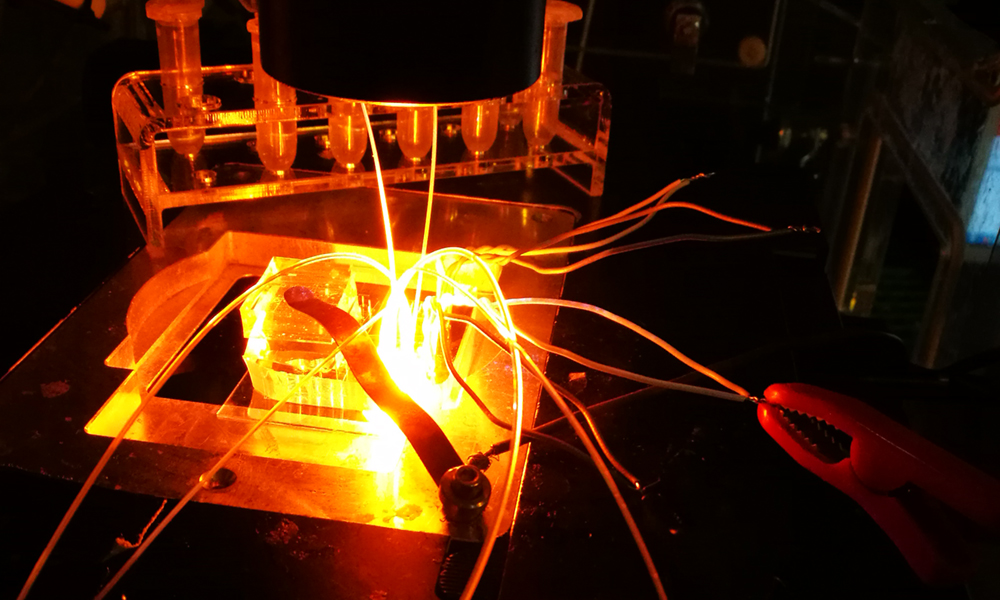Scientists at EMBL Heidelberg are searching for neutralising antibodies that could stop coronavirus before it enters the cell

Scientists hope that a legacy of the novel coronavirus in recovered COVID-19 patients – antibodies in their blood – could lead to drugs to treat others. The Merten group at EMBL Heidelberg has pivoted its microfluidics platform to support the search for neutralising antibodies that could potentially stop the infection before it enters the cell.
As the name suggests, neutralising antibodies counteract specific targets on pathogens like bacteria or viruses, locking onto them like a homing missile and wrapping around them like a molecular glove. This prevents the pathogen’s interaction with host molecules and infection. Once a neutralising antibody is identified, scientists can look to create a monoclonal, or synthetic version of it. Monoclonal antibody-based treatments have been effective in tackling some cancers, and autoimmune and viral diseases. But they are profoundly difficult to find.
The Merten group is using droplet microfluidics techniques to screen blood serum from recovered COVID-19 patients. Microfluidics is a particularly effective and efficient method because it enables cells in blood serum – individually encased in droplets – to be screened one-by-one at a rate of thousands of cells per hour. The team combines this approach with sequencing technologies to learn the cell’s type, frequency, and other important information relating to antibodies produced by those cells. When notable quantities of specific antibodies are detected in the blood serum, collaborators at the University of Bergen carry out validation experiments on the nature of the antibodies detected. The work could eventually contribute to targeted treatments for COVID-19 and also enable the identification of related neutralising antigens that could support vaccine development.
This article was first published on EMBL News
